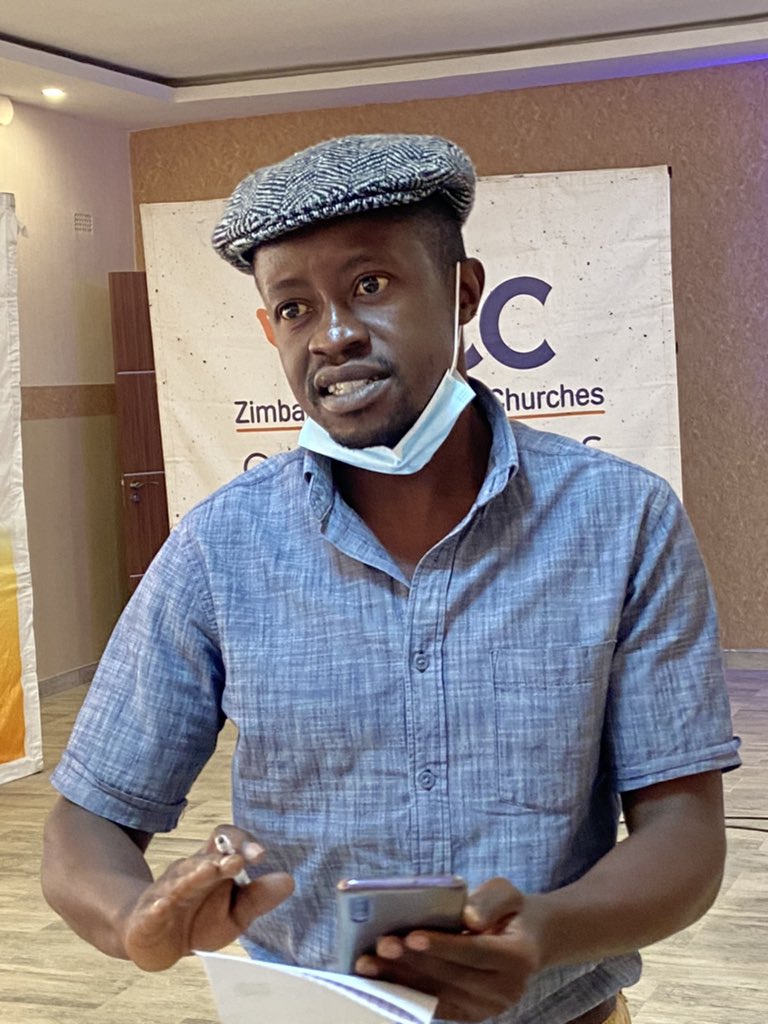|
Getting your Trinity Audio player ready…
|
During the Heads of State and Government’s Summit of the Southern African Development Community (SADC) between 16 and 18 August, a group of organizations including various social and civic movements meets for the parallel SADC Peoples’ Summit under the motto “Justice – Meaningful Participation – Inclusion”. The summit will take place in Luanda at the National School of Administration and Public Policy (ENAPP).
This alternative summit aims to discuss issues related to climate justice, democracy, human rights and good governance, economic justice, gender justice, inclusion, and youth participation, constituting a heterogeneous space for learning analyses of the social realities of SADC member countries and exchange of experiences of these movements to pressure the official agendas of the States of our continental sub-region.
The Luanda Peoples’ Summit will have at least 200 participants representing Angolan Civil Society Organizations, 50 participants from regional organizations, and over 500 virtual participants interested in this regional week of solidarity and action parallel to the Heads of State and Government session.
This Summit is a historic annual gathering of Southern African social movements and progressive groups with the aim of increasing solidarity and collective action for a just, peaceful, and prosperous region for all. It is usually held at the same time and in the same country as the annual SADC Heads of State and Government. This gives the people an important opportunity not only to lobby SADC leaders but also to increase popular awareness and political pressure for SADC leaders to consider the demands and recommendations of the poor and marginalized.
The theme ‘Justice – Meaningful Participation- Inclusion’ also highlights concerns about growing repression, authoritarianism, and shrinking civic space in the Region. Finally, the theme recalls the desire for the voices and aspirations of poor and marginalized groups to be centered in regional political, social, economic, and cultural processes as a matter of justice. Accordingly, we ask the media to reserve within its formative and informative spaces the dissemination of this event as well as to guarantee its coverage on the dates indicated above.
